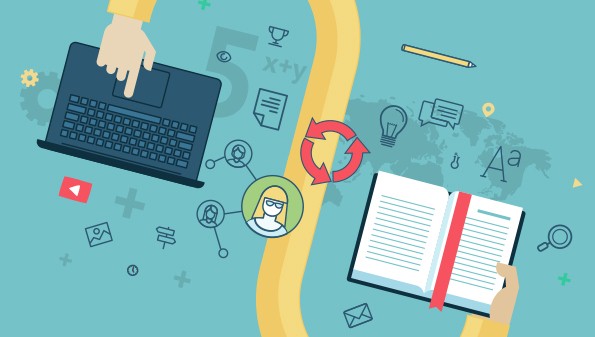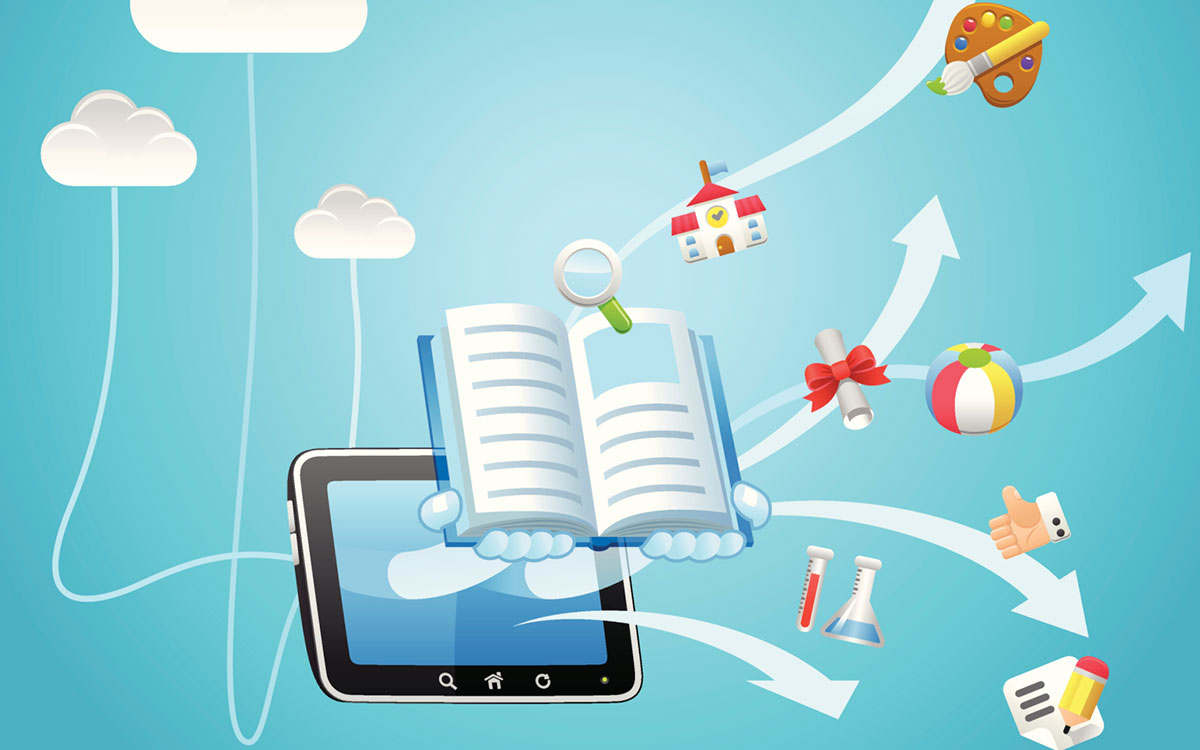A Learning Assistance is a major
systematic approach for managing and improving the match between
available resources and the learning potential of the large and
diverse student body.
An academic support program designed to assist online
students with programs and services to give them course
satisfaction and success.
-
Making education more experimental, holistic, integrated,
character-building, inquiry-driven, discovery-oriented,
learner-centered, discussion-based, flexible, and above all
more joyful.
-
It clearly states that the purpose of the education system is
to develop good human beings capable of rational thought and
action, possessing compassion and empathy, courage and
resilience, scientific temper and creative imagination, with
sound ethical mooring and values.
-
The gap between the current states of learning outcomes is
required to be bridged through understanding major reforms
that bring the highest quality, equality and integrity into
the entire system.
-
It enables learners to be ethical, rational, compassionate and
prepossess them to become responsible global citizens, also at
the same time increases the chance of meaningful employment.
-
Self-assessment and peer assessment, and progress of the child
in project based and inquiry-based learning, quizzes, role
play, group work, portfolios, etc.
An amalgamation of services:
library, audiovisual service, nontraditional learning
activities, and instructional development service.
-
It aims at producing engaged, productive, and contributing
citizens for building an equitable, inclusive, and plural
society.
-
The expectations from teachers have increased manifolds; not
only they are expected to update their knowledge base and use
technology wherever possible, and also they should be able to
act as first level of counselors to cater to the
socio-emotional needs of the students and ensure their mental
health and well-being.
-
Teachers would be trained to adopt experimental learning,
including hands on learning, arts-integrated and
sports-integrated education, story-telling, and activity- toy
based pedagogy.
-
The prominent feature of this integrated programme is the
activity based modules including educational games and
quizzes, social-emotional learning, motivational interactions,
team building, preparation for school based assessment,
in-built continuous feedback mechanism, online monitoring and
support systems, training gaps and impact analysis(Pre and
Post training).
-
Mentoring is a process that includes psychological support,
informal communication, usually face-to-face during a
sustained period of time, between the mentor and recipient.
Therefore setting up a pool of mentors to support teachers and
educators would play a vital role in realizing the
developmental goals.

A virtual learning support is an
academic support program designed for and available to assist
online students with programs and services to give them course
satisfaction and success.
- Setting a positive climate for learning.
- Clarifying the purposes of the learner(s).
- Organizing and making available learning resources.
-
Balancing intellectual and emotional components of learning.
Human beings can learn efficiently by observation, taking
instruction, and imitating the behaviour of others. ‘Cognitive learning
is the result of listening, watching, touching or experiencing.’
Cognitive learning is a powerful
mechanism that provides the means of knowledge, and goes well
beyond simple imitation of others. Conditioning can never
explain what you are learning from reading our website. This
learning illustrates the importance of cognitive learning.
Cognitive learning is defined as
the acquisition of knowledge and skill by mental or cognitive
processes, the procedures we have for manipulating information
'in our heads'. Cognitive processes include creating mental
representations of physical objects and events, and other forms
of information processing.
50 Cognitive Biases
to be aware of
so you can be the very best version of you



